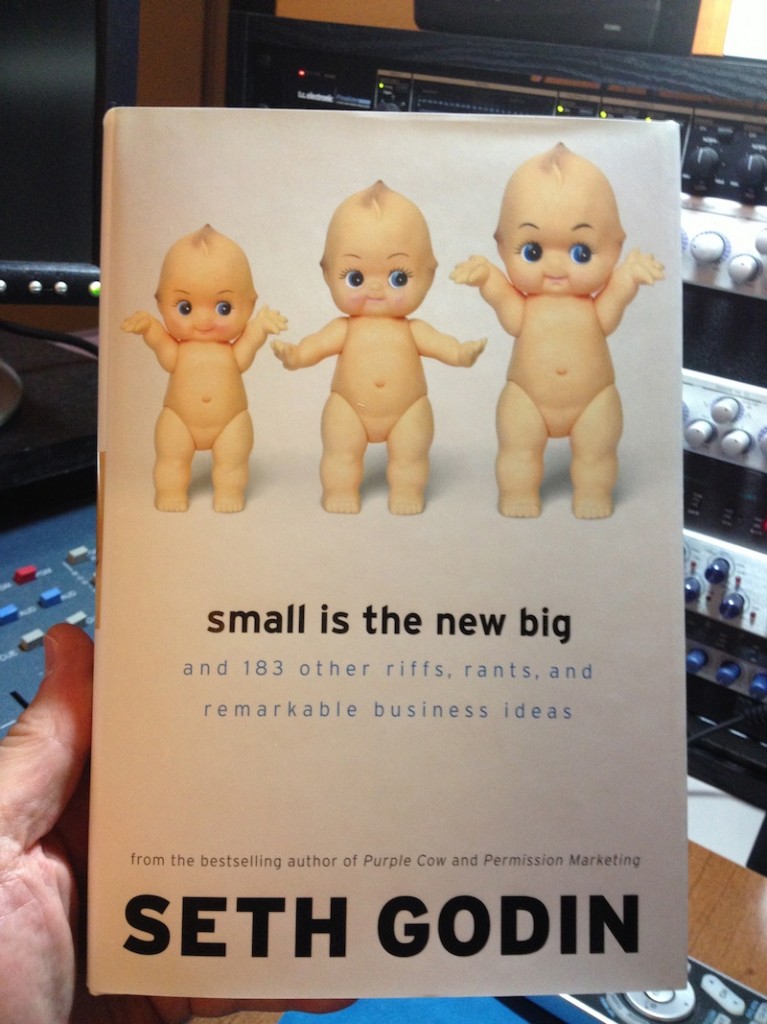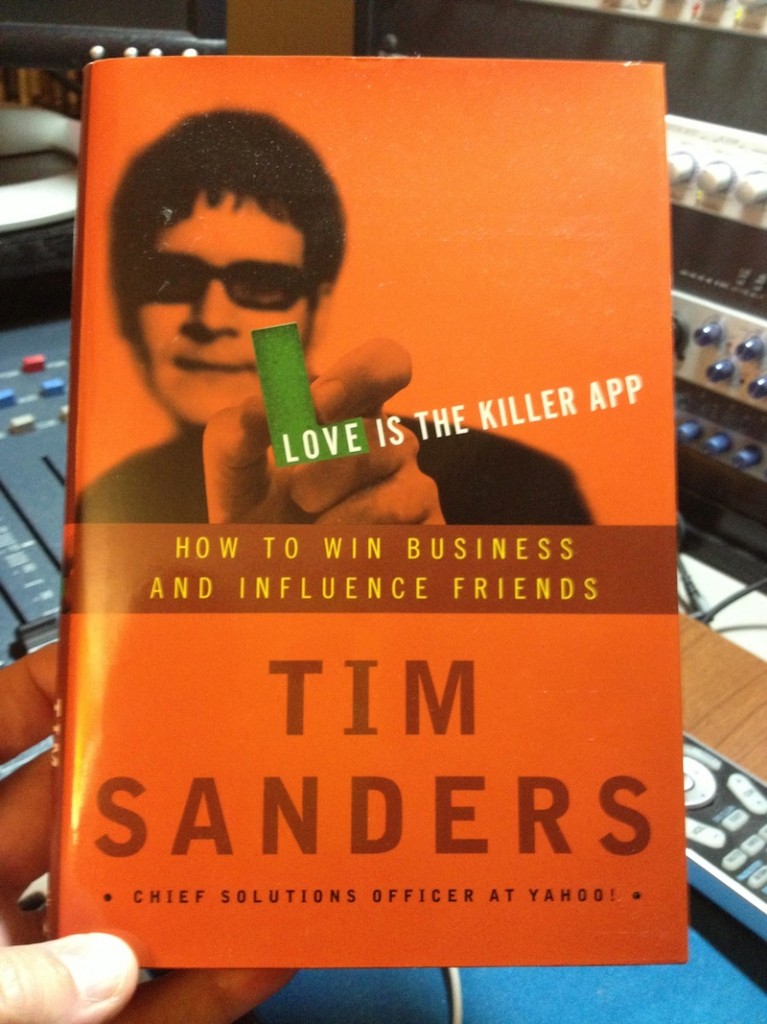Episode 185 – “I’d Buy From You If You’d Just Call Me Back” (80% Of Success Is Just Showing Up)
Podcast: Play in new window | Download (Duration: 43:12 — 40.0MB)
Subscribe: Apple Podcasts | Spotify | RSS | More

“Eighty percent of success is showing up.”
– Woody Allen
It’s the Pareto principle. Everywhere you look it turns up. The 80/20 rule. Wait a minute, what?
If 80% of success is showing up, does that mean we just need to show up 20% of the time? That’s about right. Seems like lately I’ve had about a 20% chance of getting service – of any kind. Twenty percent chance of getting an email returned. Or a phone call returned. Nah, wait a minute. That’s high.
If 80% of success is showing up, does that mean 20% of the people are succeeding? Maybe that’s right. But wait a minute. That means 80% are failing. Seems high, doesn’t it? Then again, I guess it depends on how you define “success.” Maybe 80% of us are failing. That would explain our level of misery and dissatisfaction.
If 80% of success is showing up, then what makes up the missing 20%? Yeah, that’s what I want to know. I know how to show up. I’m interested in what I’m missing – other than showing up.
And once again, I’m hit in the forehead with professor Sutton’s seminal work in The Knowing-Doing Gap. If people know they have to show up to succeed…well, to be fair, if they know 80% of success is determined merely by showing up, then why don’t they? Show up, that is.
They know it, but they don’t do it. See, it’s that infamous gap that continues to plague us. We’re so busy chasing our tail to learn stuff we don’t know while the stuff we do know goes UNdone. Makes no sense, but it happens all the time.
The sad thing is, you’re not even up to the Sucking Level yet.
Yep, I’ve expressed that to business owners before. And salespeople. And waiters or waitresses. And store clerks.
“Man, you grumpy old man,” you must be thinking. And I am, in some ways, but I’m not hateful. Intolerant of poor service? You bet. I’ve never had a stomach for it – the curse of starting a career in sales when I was 16.
People have too many options. Getting customers is too hard. Helping people make a decision to buy from you is tough work. This business stuff isn’t as easy as falling off a log. Then again, I wouldn’t know, having never fallen off a log. Doesn’t seem pleasant to me. Or easy, for that matter.
Let me tell you two stories of my recent experiences. The stories stem from a quote I read back during the inflationary years of the late 1970’s when I was in the early years of my business career. People were fighting hard for business. In one of the business magazines of the day I remember reading a quote by a lady management consultant who said, “We’d all buy a lot more if we could just get waited on.” It’s been almost 40 years since I first read it. I think of it almost weekly – every time I encounter poor service.
Disclaimer: I admit I may have a superior expectation when it comes to customer service. Not high maintenance kind of stuff. Not ordering off the menu type of stuff. Just solid, “do what you’re supposed to” kind of behavior. It’s shocking how difficult it is for some people to just show up.
• Salespeople, get a cell phone from your company. If they won’t buy you one, use your personal phone. Do not trust the switchboard at the office. Don’t assume the voicemail at the office works. Be available when prospects or customers need you. And if you’re not available when they need you, at least give them the chance to leave a message directly with you, knowing you’ll get it.
• Call people back promptly. Not all calls need a fast response, but some do. Return phone calls based on the promptness required. Without exception!
• Use email. Push it to and from your smart phone. Be available via email because many of your customers prefer it over the phone. Besides, you can reply quickly and set a more precise expectation. “I got your message. I’m in a meeting for the next 2 hours, but I’ll be back in touch by 4pm today.” Two sentences tells me all I need to know as a prospect or customer. Now I can move on with my life ’cause I know you’ve got the ball and I’m going to expect to hear from you before 4pm today.
• Give me the rules of the road and it’s likely I’ll comply with them – and be happy in the process.
Whether it’s on the phone, via email or in person – 80% of success is showing up, but it’s showing up on time, prepared and doing what you’re supposed to. There’s a lot to showing up. Most – that’s right, I said, “MOST” – can’t or won’t do it. I’ve got a lifetime of business experience and I can attest to the fact of my statement. It’s just not that hard to show up your competition because no matter what space or industry you’re in – most of your competition is barely able to answer the phone before the 5th ring. And if they pass that test, most of them won’t be able to call you back within 4 hours. Nobody will call you “right back.”
You don’t have to go back to school. You don’t need any high dollar training or consulting. You need to get your act together and start acting like you want and need the business. You need to let prospects see how much you appreciate their attention. You do that by being there to serve them when they’re ready.

 Is your toilet clogged? Or maybe a sink?
Is your toilet clogged? Or maybe a sink?




